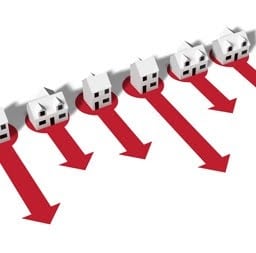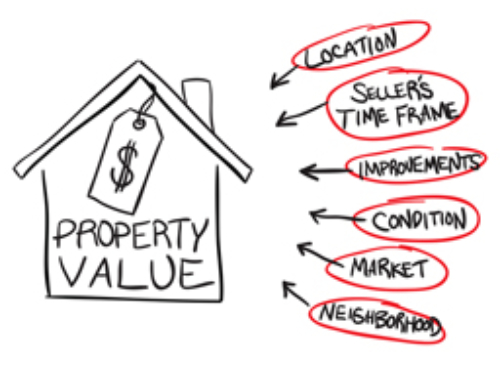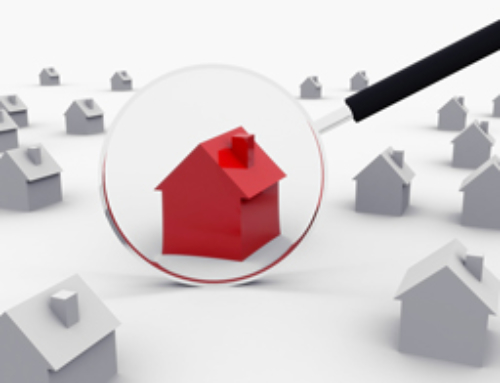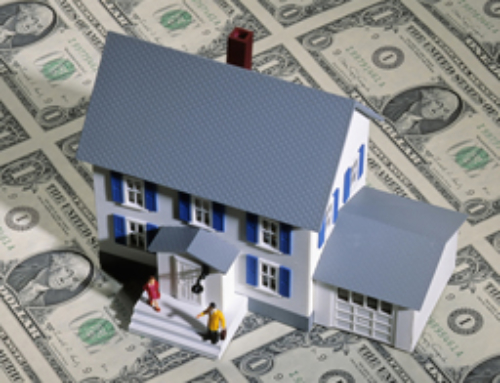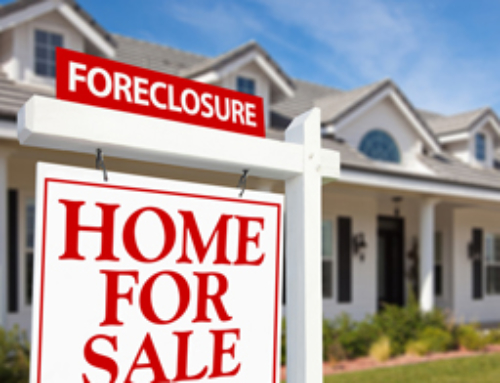It’s been a lousy few years for home sellers.
With home prices falling by an average of 30 percent (but more than 50 percent in some places, according to the National Association of Realtors) and foreclosures hitting a record high in 2010, home sellers have found it’s pretty hard to sell an average, normally priced home.
And as we head into 2011, home sellers are still facing a host of problems:
- Foreclosures. While the number of foreclosures hit a record high in 2010, there are more to come in 2011. A high number of foreclosures means home values won’t be able to rise, so many sellers will remain underwater with their mortgages (with the home’s value less than the amount owed on the loan). That will make it difficult for some sellers to sell. In addition, foreclosures push down home values in a neighborhood, meaning homes won’t appraise out in value, so buyers can’t get loans.
- High levels of unemployment. While the economy is starting to create some jobs, the unemployment levels remain unacceptably high. The biggest problem with having a high number of unemployed Americans is this: if you don’t have a job, you can’t afford a mortgage payment, which means you can’t buy a home. A poor employment market means fewer buyers for lots of homes.
- Reduced income. Many Americans have seen their pay cut over the past few years as employers have struggled to cope with a difficult economy. A Pew Research Center study found that 55 percent of Americans are earning less than they were. Exit polling from the recent midterm elections found that one-third of Americans had family members who had lost their jobs. Until income levels come back to where they were for more people, the number of folks who can afford to buy homes will be limited.
- Trashed credit profiles. Millions of Americans went into temporary loan-modification programs, unaware that their credit would be ruined. Others who completed a short sale, foreclosure, or bankruptcy are at the moment prohibited from getting a loan from FHA or one backed by Fannie Mae or Freddie Mac (which account for more than 90 percent of all mortgages) for two to five years.
I’m often asked what I think will happen next year in the housing market. The safest bet is to assume we’ll have more of the same, as the economy continues with a so-called modest recovery.
Indeed, at the annual convention for the National Association of Realtors, incoming NAR president Ron Phipps, broker-president of Phipps Realty in Warwick, R.I., noted that confusion and uncertainty were hindering the real estate market.
“As we make progress toward real estate and economic recovery, Realtors are focused on making sure that home ownership is both attainable and sustainable,” said Phipps. “However, we know that the old way of doing things just won’t work. We need a new model for both government and the private market.”
 Ilyce R. Glink is the author of several books, including 100 Questions Every First-Time Home Buyer Should Ask and Buy, Close, Move In!. She blogs about money and real estate at ThinkGlink.com and at the Home Equity blog for CBS MoneyWatch.
Ilyce R. Glink is the author of several books, including 100 Questions Every First-Time Home Buyer Should Ask and Buy, Close, Move In!. She blogs about money and real estate at ThinkGlink.com and at the Home Equity blog for CBS MoneyWatch.
READ MORE:
Balancing What the Bank Says You Can Afford and What You Can Really Afford
Getting Rid of Debt before Buying a Home
How to Think about Debt When Buying a Home
Strategic Default: The Consequences of Not Paying Your Mortgage
4 Tips for Buying a HUD Home

